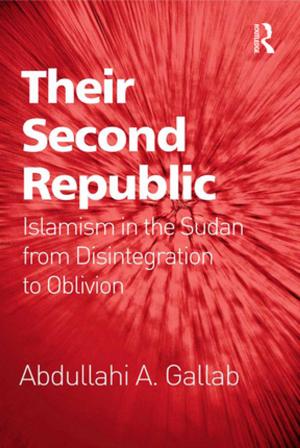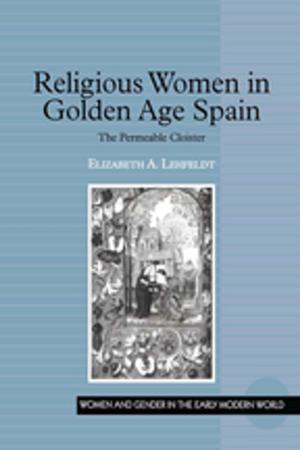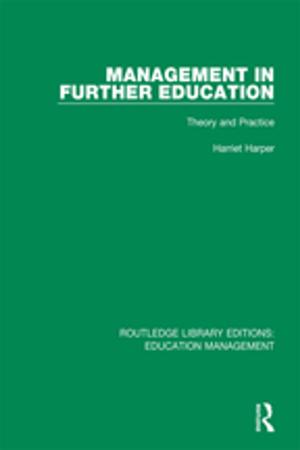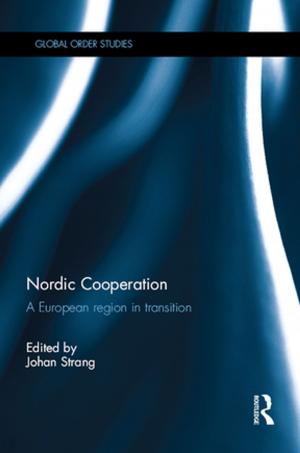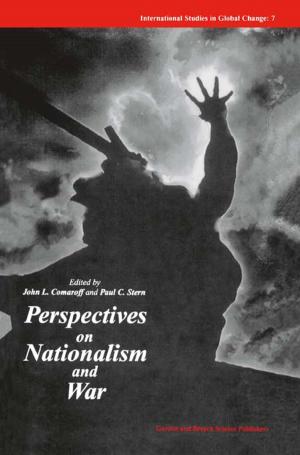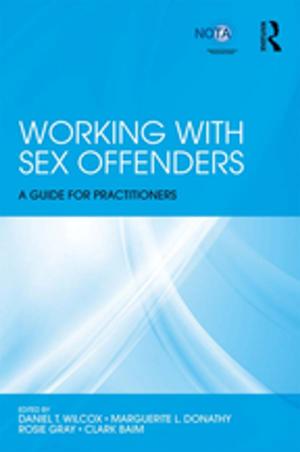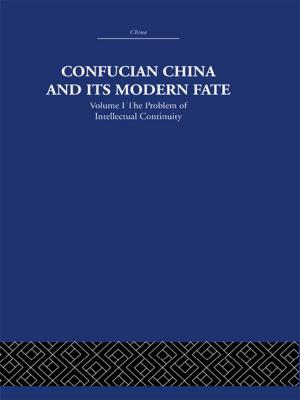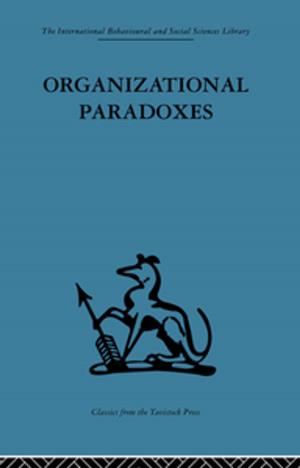Human Trafficking in Cambodia
Nonfiction, Social & Cultural Studies, Social Science, Cultural Studies, Ethnic Studies, Political Science| Author: | Chenda Keo | ISBN: | 9781134710591 |
| Publisher: | Taylor and Francis | Publication: | October 30, 2013 |
| Imprint: | Routledge | Language: | English |
| Author: | Chenda Keo |
| ISBN: | 9781134710591 |
| Publisher: | Taylor and Francis |
| Publication: | October 30, 2013 |
| Imprint: | Routledge |
| Language: | English |
Reporting the findings of a comprehensive study of human trafficking in Cambodia, this book focuses on the characteristics and operations of the traffickers. It provides a theoretical framework that explains the emergence of the phenomenon, and the role of moral panic and western hegemony in the war on human trafficking.
Using a multi-method and multi-source research design, which includes an examination of police and prison records as well as interviews with 91 incarcerated human traffickers, police and prison officers, court officials, and members of NGOs, this book investigates five major themes about human traffickers in Cambodia: who are they, how do they operate, how much profit do they make, why are they involved in human trafficking, and how does the Cambodian Criminal Justice System (CJS) control their activities?
A novel and unique analysis, this book is of interest to a wide academic audience in the fields of Asian Studies, Human Trafficking, Sociology, Anthropology, Political Science, Human Geography and Critical Legal Studies.
Reporting the findings of a comprehensive study of human trafficking in Cambodia, this book focuses on the characteristics and operations of the traffickers. It provides a theoretical framework that explains the emergence of the phenomenon, and the role of moral panic and western hegemony in the war on human trafficking.
Using a multi-method and multi-source research design, which includes an examination of police and prison records as well as interviews with 91 incarcerated human traffickers, police and prison officers, court officials, and members of NGOs, this book investigates five major themes about human traffickers in Cambodia: who are they, how do they operate, how much profit do they make, why are they involved in human trafficking, and how does the Cambodian Criminal Justice System (CJS) control their activities?
A novel and unique analysis, this book is of interest to a wide academic audience in the fields of Asian Studies, Human Trafficking, Sociology, Anthropology, Political Science, Human Geography and Critical Legal Studies.

